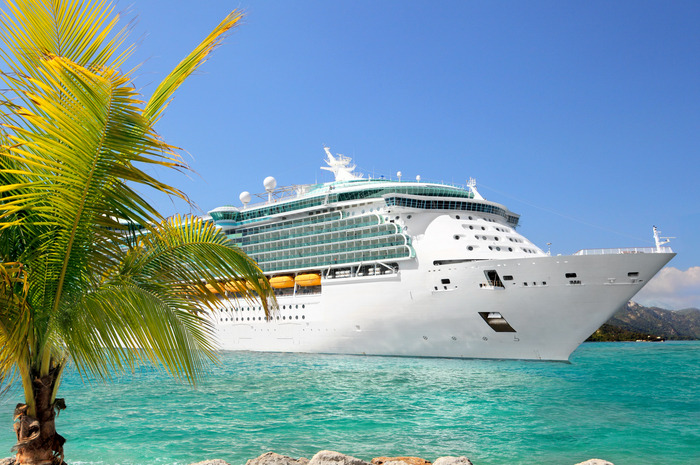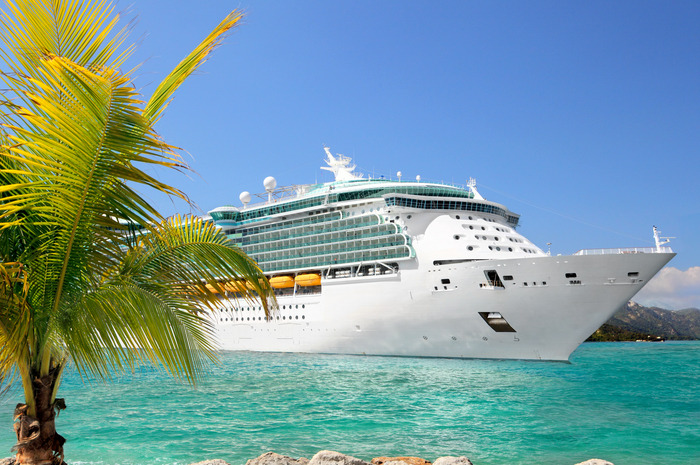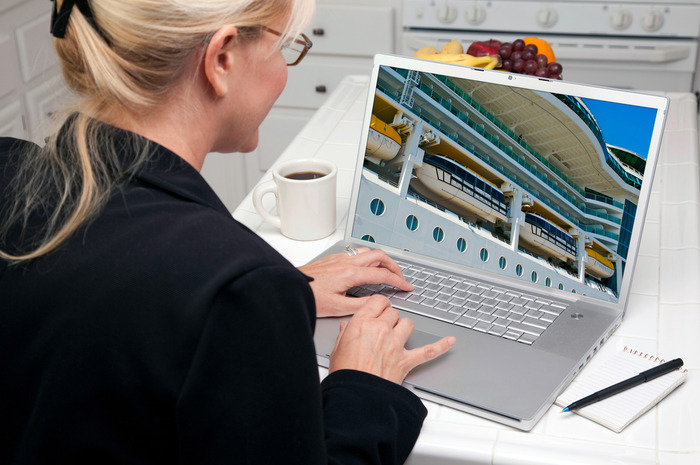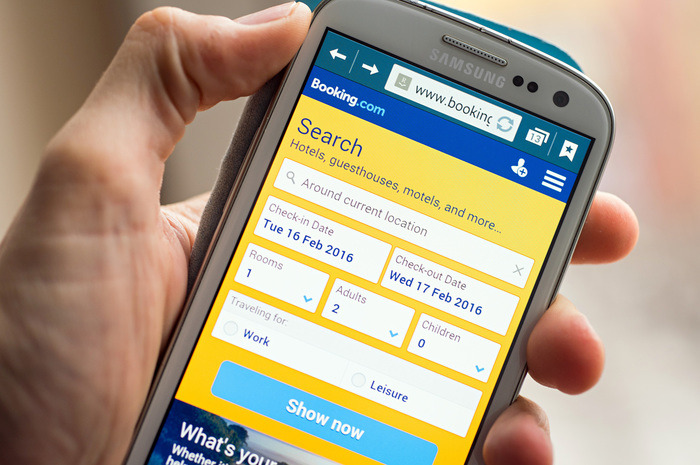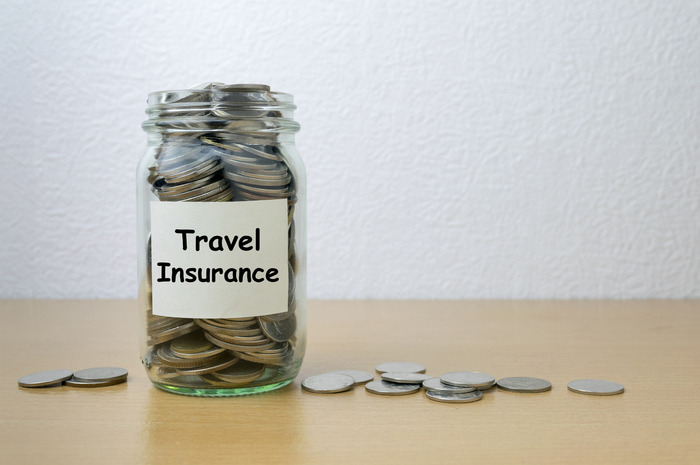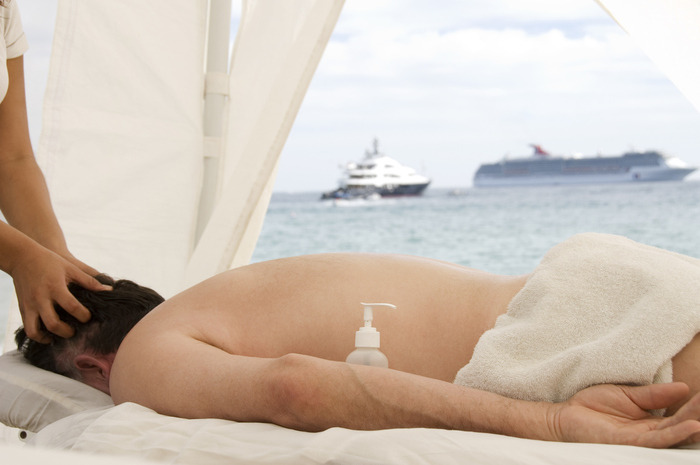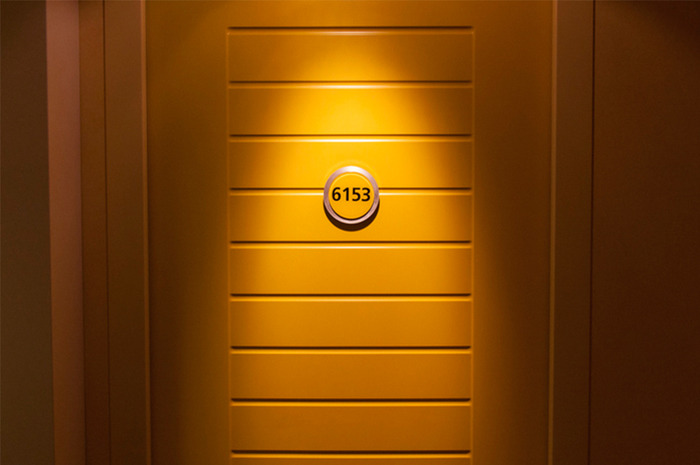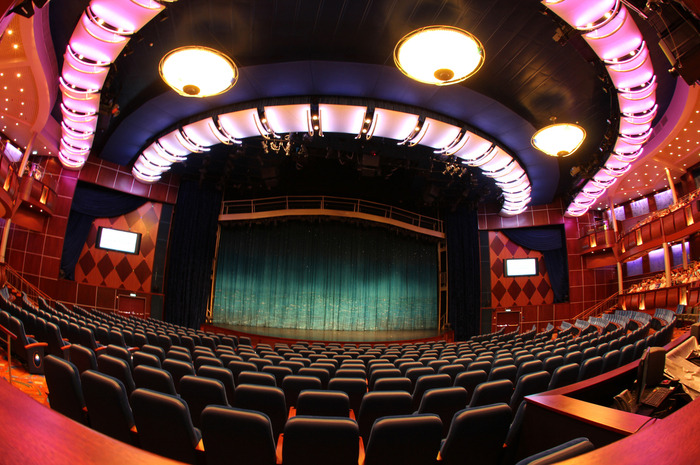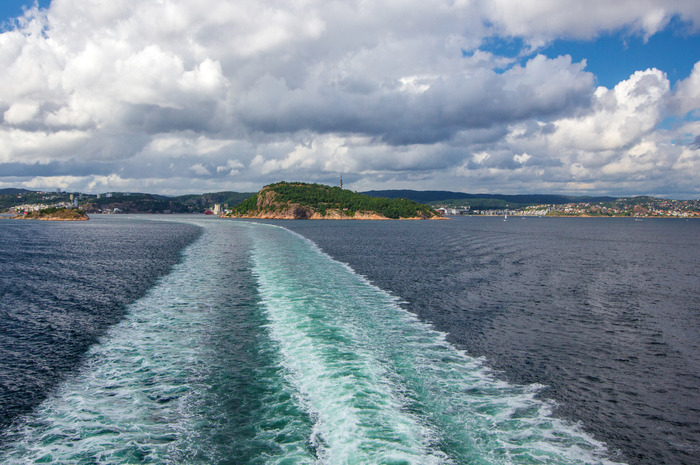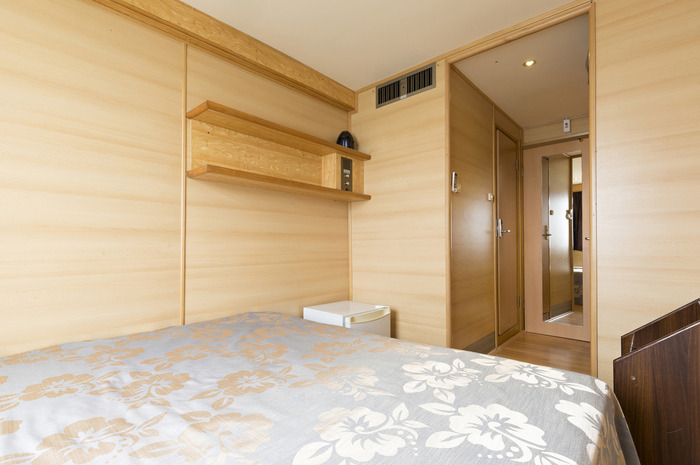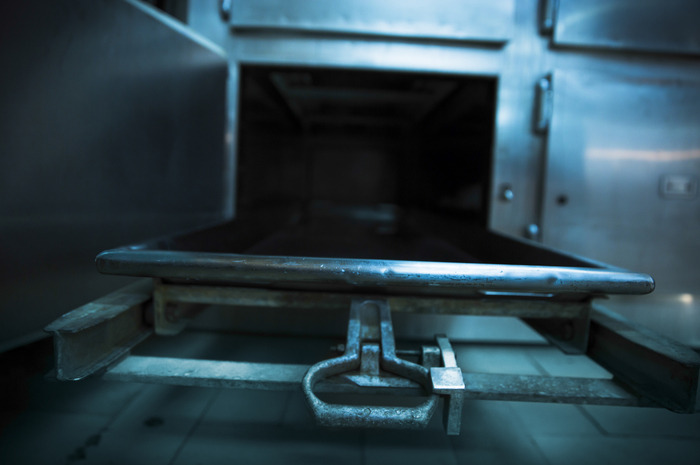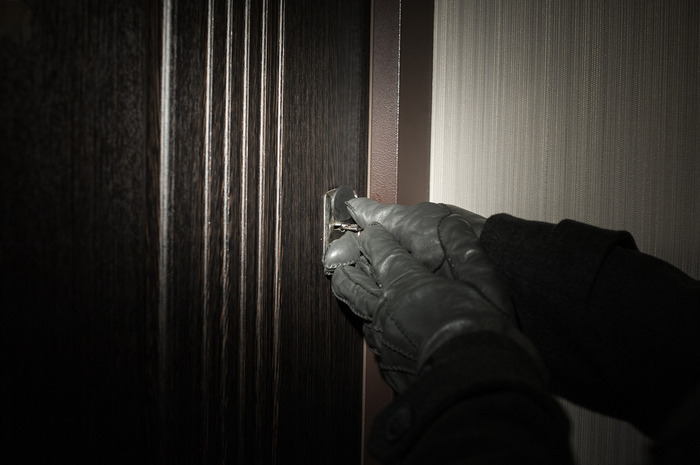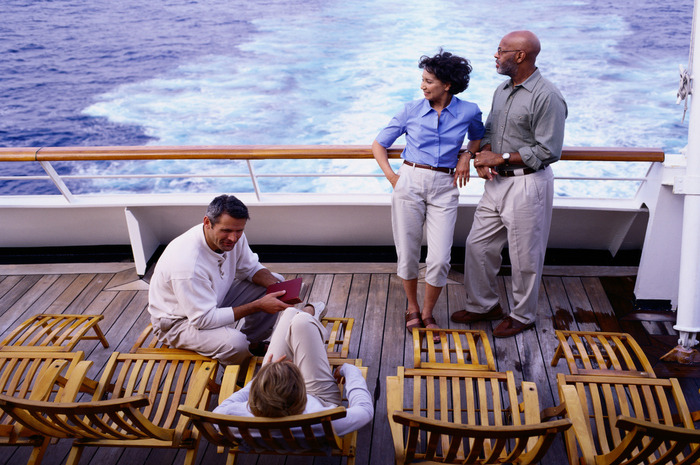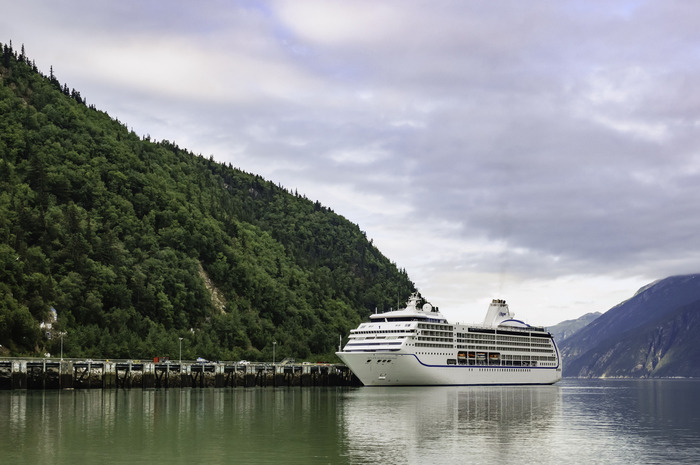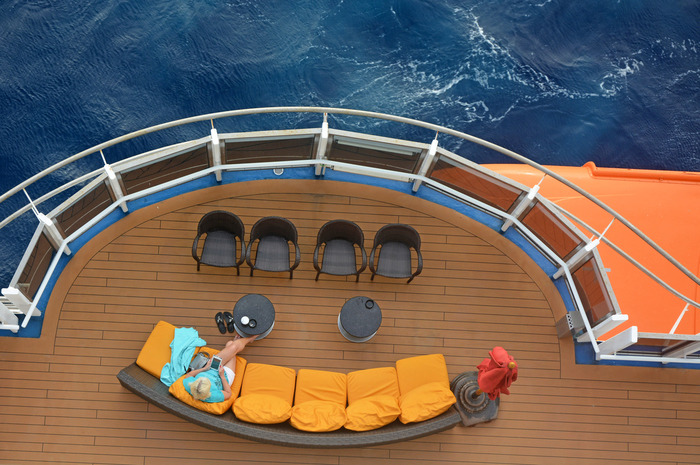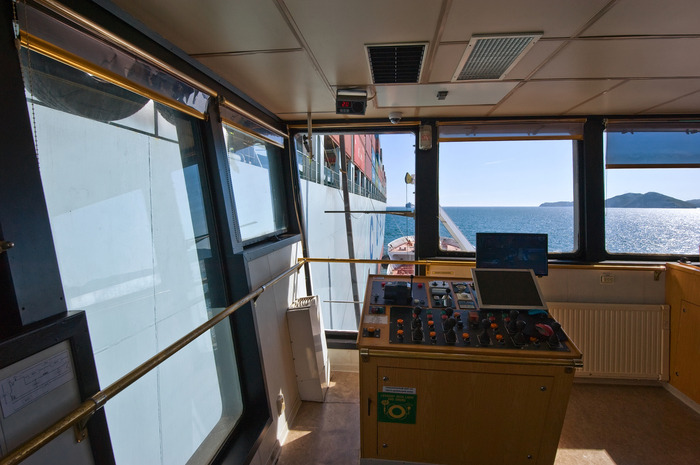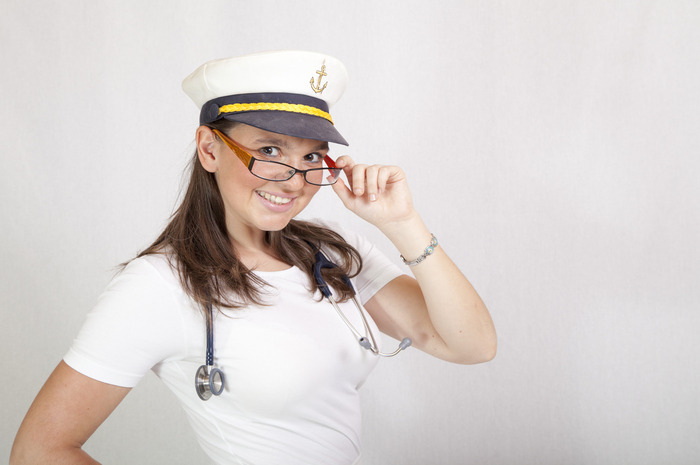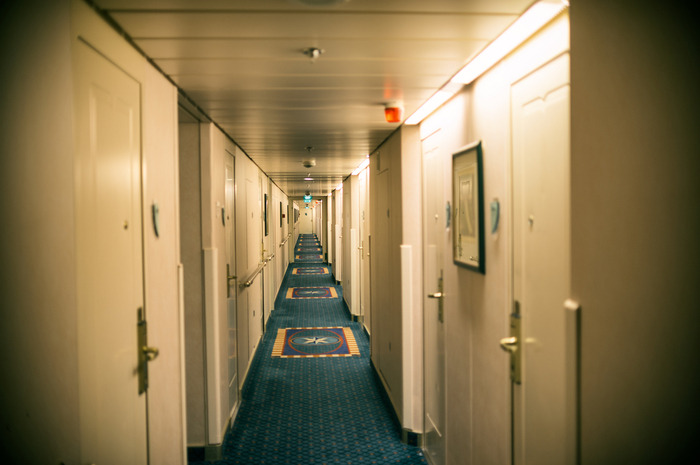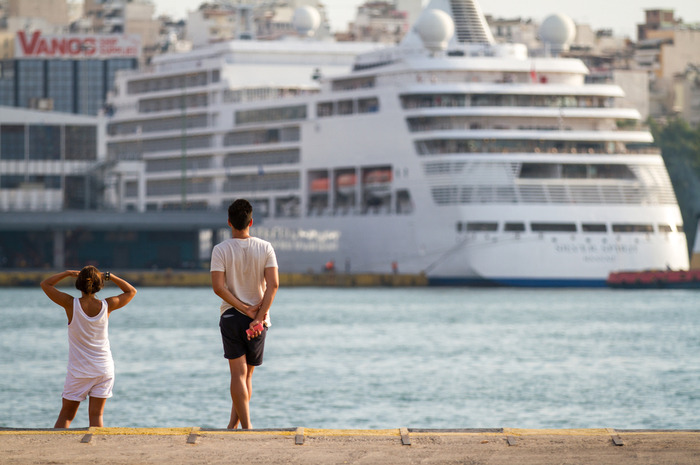25 Surprising Secrets Of The Cruise Industry
25 Surprising Secrets of the Cruise Industry
Life on a cruise is a thrilling but also mysterious adventure. You are stranded on a ship for days with hundreds of other people with seemingly endless options for fun activities. This kind of trip is also one of the best and most inexpensive ways to see several different countries in a short period of time. Does it begin to sound like it's too good to be true? Don't worry, it's not. As is the case with all vacations, companies have unofficial secrets. It's good to be aware of some of the hacks so you can save money and get more options.
Research, But DON’T Book Online
Many deals, including specials for military, seniors, etc., may not be available online, Stewart Chiron, The Cruise Guy, says. Beware of sales that aren't actually such a good deal and restrictive offers where deposits are non-refundable. Shipboard credits and worthless coupon books are mere distractions. Consider offers based on merit, not hype.
Always Use a Cruise Agent
"There isn't one advantage to booking directly with any cruise line," Chiron says. You'll never receive the objective advice that an experienced cruise agent can provide, and a true cruise specialist will be able to match you with the best deal, he adds. Work with them to reduce your costs. Agents are often aware of even better deals on similar ships and sailing dates.
Be Flexible With Your Dates
Similar to when booking a flight, traveling in the middle of the week is less expensive than on Friday night. "Cruise prices may vary by ship and sailing date. If possible, check a few dates before and after your desired sailing date to ensure maximum savings," Chiron says.
Book Early
Book your cruise as soon as possible, Chiron says. Some of the most desired specialty itineraries like Europe and Alaska require you to book in advance to avoid paying higher air and cruise fares. Early booking means larger discounts and better cabins available. The difference can easily be thousands of dollars, he adds.
Consider Travel Insurance
"A cruise is an investment of money and time and should be protected," Chiron says. "Besides providing protection for cancellation, policies also cover interruption and travel delay and are worth serious consideration. Purchasing travel insurance isn't necessary on most cruises until final payment time as there is no risk up until that point," he adds.
Be Skeptical About Airfare Deals
Statistics show that 75 percent of airfares booked in conjunction with a cruise are not booked by the cruise lines, Chiron says. Do some research and see if you can save money if you buy a package deal. "You don't have control of the schedule and flights can be delayed," Chiron says. "As a rule of thumb, do it yourself," he adds. Free airfares usually mean the cruise is overcharging you for food, drinks, and services on the ship.
Last-Minute Deals Are Possible, But Risky
Last-minute deals are unlikely but not unheard off. As long as you are very flexible with your dates and can leave at any moment, you may be able to save a lot of money. You can even come across half-off discounts. A seven-day cruise may cost just $1,199, Chiron says. But in general, "this is not the 80's, you can't just show up and negotiate a deal," he adds. "Ships usually sell in full."
Visit the Spa While in Port
The best day for a deal is when the ship is in port and everybody is off on excursions, Chiron says. "You have more competition when you're at sea – everybody wants a massage." Consider off-peak times and book in advance, he adds.
Book a Guarantee Cabin
Do the math: Booking a specific cabin may cost about $2,000, while a guarantee cabin is just $900. "I'll take my chances," Chiron says. The guarantee cabin means you'll get a certain type of cabin. Suite guarantees are always good and you can't go wrong with booking a guarantee room with a balcony, he adds. The difference can be hundreds of dollars.
“All-Inclusive” Is a Very Misleading Term
"There really is no such thing," Chiron, says. "The price includes the cabin, meals, buffet, room service and certain ship board activities." But you pay extra for the spa, tips, certain restaurants, and casinos. Also, a lot of people don't drink much, so why pay a lot for something you're not going to use? Plus, specific drinks and brands are often not included in the package deals.
“Sold out” Doesn’t Mean Sold Out
Attending a show is not something you should be concerned about at all, Chiron says. A handful of ships take reservations. Some shows are capacity-controlled, but they are performed several times. You won't miss the fun. Many are "sold out" online but ships have a lot more seats available, he adds.
Human Waste Is Disposed at Sea
Have you ever thought about what happens after you go to the bathroom at sea? Ships have treatment plants, but a lot of the waste simply gets dumped into the ocean. Cruise ships released more than 1 billion gallons of sewage into the ocean in 2014, according to a report from Friends of the Earth. Cruise ships can dump the waste overboard if they are more than three miles offshore, according to regulations. Untreated sewage can be dumped overboard once a ship is more than 12 miles out.
Cabins Are Built So Nothing Is Wasted
You have to give cabin designers a lot of credit. Everything has a triple or quadruple use, Chiron says. The best storage space is under the beds, couches, or behind the mirror. There is also indoor space in the closets. The water in the toilets, for example, comes from the condensation in air conditioners, so it's not wasted, Chiron says.
Ships Have Morgues and Holding Cells
"Cruises are cities at sea," Chiron says. "People get sick, die, or get unruly. You have to keep them somewhere separate." These facilities are at the bottom of the ship near the crew areas. There is no police force but cruise lines have trained security guards and they are not always obvious, he adds.
Crimes Are Not Always Solved
"A committed crime and the offender, if held on the ship, could be turned over to local authorities once the ship is in port," Chiron says. Cruise lines are required to report serious incidents, whether they do is a different question. Also, determining jurisdiction is complicated. For example, if the victim or perpetrator of a sexual assault is an American national, and the ship sails from or to a U.S. port, then the FBI has jurisdiction. In other circumstances, the location of the vessel, the nationality of the perpetrator or victim, ownership of the ship, the points of embarkation and debarkation, and the country in which the vessel is flagged need to be considered, according to RAINN, largest anti-sexual violence organization in the U.S.
Take Advantage of Wave Season
If you can go on a cruise between January and March, do so. This is when you're going to see a lot of discounts if you look for them in advance. Cruise lines also often offer free perks if you book a trip during the wave season.
Consider a Luxury Line
The more expensive a cruise line is, the more services will be included in the fare. Do the math and see if paying a luxury line's price will be better than paying as you go if you booked a cheaper trip. When you add up the costs, you may end up paying less for the luxury line.
Book Your Next Cruise While on Board
If you think you want to go on another cruise, you'll save money if you book it while you're still on board. Cruise lines will offer you certain perks such as reduced deposits, onboard credit, or a discount on your fare.
Ships Use Dirty Bunker Fuel
It depends on the type of engine that the ship uses, but most large cargo and container ships use fuel oil called bunker oil, which is residue left after taking out all products from crude oil, according to news reports. Smaller vessels use various types of diesel oil. Bunker fuel is cheap, but it's one of the most polluting fossil fuels.
Doctors on Board May Not Be Accredited
Some of the onboard medical personnel may have gotten their degrees in different countries with more lenient healthcare standards. Cruise lines are not legally responsible for an onboard doctor's malpractice. The facilities are often inadequate and the medical care subpar.
Room Service Is Usually Free
No-fee room service policies generally apply to lines with limited menus (Holland America Line, Princess Cruises), according to Cruise Critic. Other lines (Royal Caribbean Cruises, Celebrity Cruises) only charge for delivery between certain late-night hours. Still others — usually those with more robust menus (Carnival Cruise Line, Royal Caribbean's Anthem of the Seas) — charge only for certain items, usually hot dishes like quesadillas or chicken fingers and fries.
Most Cabins Are Made of Metal
Believe it or not, many cruise cabins are magnetic. The wall may not look it, but they are. You can also use them for organization purposes. Bring along some strong magnetic hooks to hang hats and swimsuits.
Twitter Has Some Good Deals
The power of social media may work in your favor. There are a lot of accounts on Twitter that post cruise deals. The cruise lines publish some as well. Create a list so you can easily monitor deals. Use the hashtags #dailycruisedeals and #cruisedeals.
Pirate Attacks Can Happen
Even though a pirate attack is unlikely, the crew is trained for it nonetheless. Hot zones include the Somali Coast, Red Sea, and the Amazon River, but even in those places pirate activity has slowed down. Cruise lines are prepared for all possible scenarios, and crew members are trained to act in the event of such an emergency.
You Can Be Left Behind
Go on an on-land excursion, by all means, but pay close attention to the time. Just like how airlines pay fees to stay at airports, cruise lines have to pay to stay at port. They won't pay extra to wait for you. Most cruise lines have agents in the port area to help if your ship has left without you.
